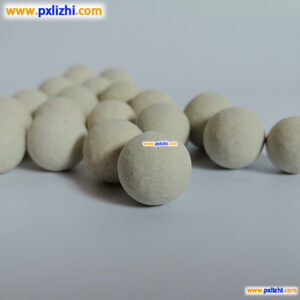Ceramic Ball Applications in Modern Industry

# Ceramic Ball Applications in Modern Industry
## Introduction to Ceramic Balls
Ceramic balls are precision-engineered spherical components made from advanced ceramic materials such as alumina, zirconia, silicon nitride, and silicon carbide. These high-performance balls offer exceptional properties that make them indispensable in various industrial applications.
## Key Properties of Ceramic Balls
The unique characteristics of ceramic balls include:
- Extreme hardness and wear resistance
- Excellent corrosion resistance
- High temperature stability
- Electrical insulation properties
- Low density compared to metal alternatives
- Non-magnetic characteristics
Keyword: ceramic ball
## Major Industrial Applications
1. Bearings Technology
Ceramic balls have revolutionized bearing technology, particularly in high-performance applications. Hybrid bearings combining ceramic balls with steel races offer superior performance in:
- Aerospace components
- High-speed machine tool spindles
- Medical equipment
- Precision instruments
2. Valve Components
In the valve industry, ceramic balls serve as critical components in:
- Ball valves for corrosive fluid handling
- High-pressure applications
- Severe service conditions
- Chemical processing equipment
3. Grinding and Milling Media
The exceptional hardness of ceramic balls makes them ideal for:
- Particle size reduction in the pharmaceutical industry
- Paint and pigment dispersion
- Food processing applications
- Mineral processing operations
4. Automotive Applications
Modern vehicles increasingly utilize ceramic balls in:
- Fuel injection systems
- Turbocharger components
- High-performance engine bearings
- Electric vehicle battery systems
## Emerging Applications
Recent technological advancements have opened new possibilities for ceramic ball applications:
- Semiconductor manufacturing equipment
- Renewable energy systems
- Space exploration components
- Quantum computing devices
## Conclusion
Ceramic balls continue to transform modern industry with their unique combination of properties. As material science advances, we can expect to see even broader adoption of ceramic ball technology across diverse industrial sectors, enabling higher performance, greater efficiency, and longer service life in critical applications.